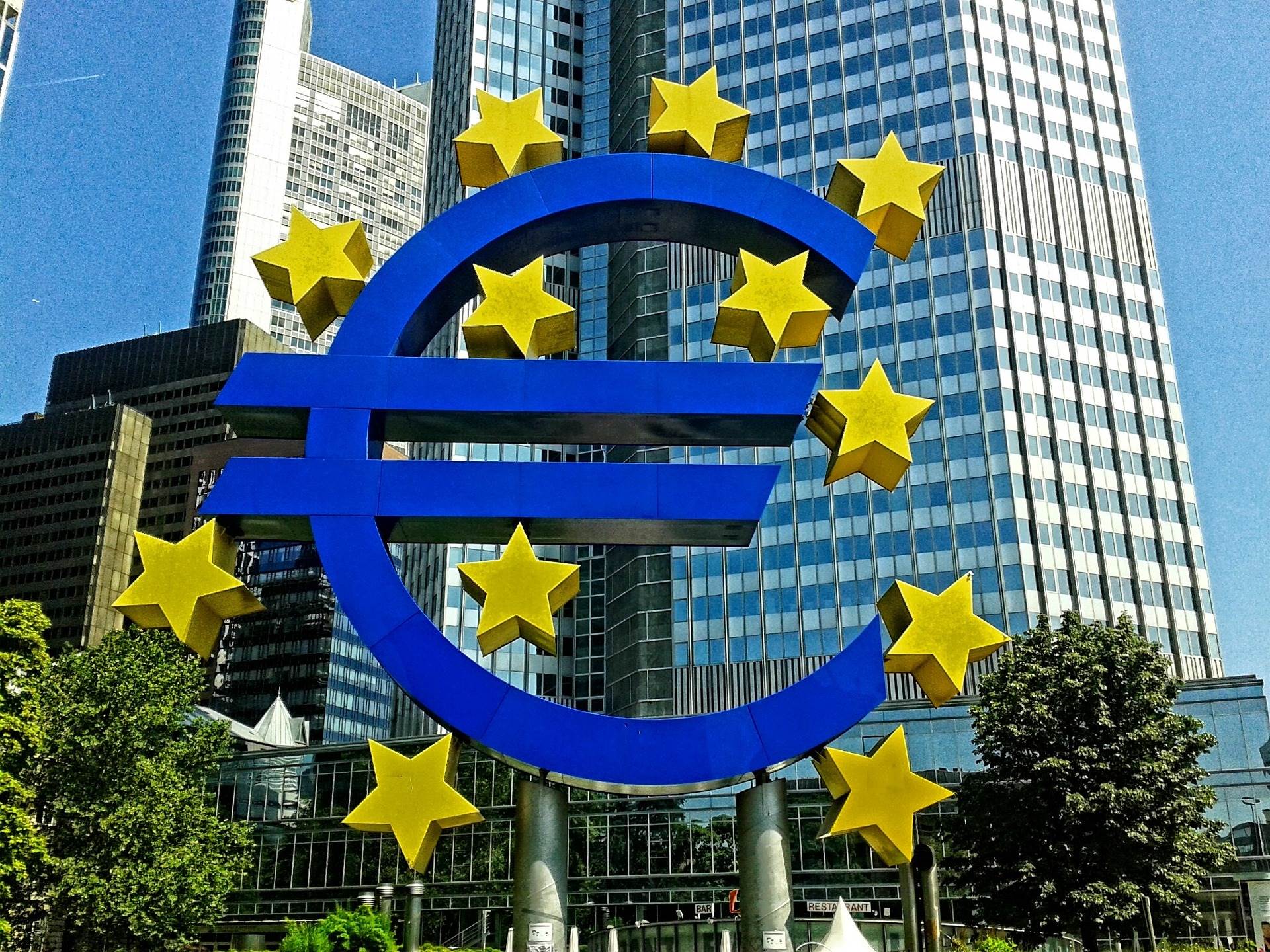 The European Central Bank’s Governing council member, Ignazio Visco said on Monday that the recent measures that the bank took against the effects of the coronavirus outbreak are sufficient and effective. Nevertheless, the bank is ready to implement further measures if necessary.
The European Central Bank’s Governing council member, Ignazio Visco said on Monday that the recent measures that the bank took against the effects of the coronavirus outbreak are sufficient and effective. Nevertheless, the bank is ready to implement further measures if necessary.
“The set of measures adopted has been effective in relieving tensions. We believe today that these are sufficient, but we are ready to do more if needed,” he told an Italian newspaper, adding that the institution was ready to expand the size of its emergency bond purchase program as well as its duration.
Last week, the ECB announced a €750 billion pandemic emergency purchase program after an emergency meeting. The purchases will be conducted until the end of 2020 and will be conducted in a flexible manner. The ECB also recently decided not to cut de cash rates against the analyst’s expectations, leaving it at -0.5 percent.
Meanwhile, Robert Koch Institute Chief, Lothar Wieler said on Monday that the infection curve in Germany may be flattening.
“We are seeing first signs that exponential upward curve in corona infections in Germany is flattening,” he said, “But I will only be able to confirm this trend definitively on Wednesday”, he added.
Wieler praised the measures that the German government has implemented during the crisis, like calling for strengthening hygiene measures, restricting mass gatherings and closing schools.
In the United Kingdom, the government called the army to deliver protective equipment to hospitals. The crisis has escalated significantly as of late, as the death toll increased to 281. The government also threatened with implementing a shutdown with curfews as well as imposing travel restrictions if the population insists on not complying with the quarantine measures.
“Well, we’re perfectly prepared to do that if we need to because the objective here is really clear which is to stop the spread of the virus. Of course, we will enforce and bring in further strong measures if we need to,” said the British health secretary Matt Hancock.
Spain decided to extend the state of emergency, as the death toll increased to 1,720 and there are more than 25000 reported infection cases at the moment. In the same vein, Italy decided to restrict any movement inside the country as well as closing any non-essential business.
By 10:30 GMT the Euro went down by 0.18 percent against the US dollar, falling to the 1.0675 level. Conversely, it went down against the Swiss Franc by 0.02 percent, at 1.0538, and lost 0.26 percent against the Japanese Yen, falling to the 118.08 level.
